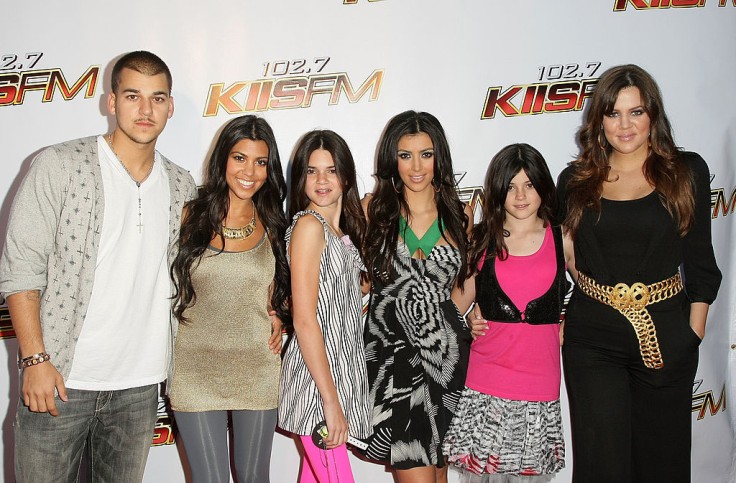
Most parents will likely never blurt out that they have a favorite child, but some experts might have unlocked the real reason moms or dads favor one child over the other.
According to Sara Novak in Discovery Magazine, parents pick favorites to "carry on the bloodline" or ensure that the family's gene pool carries over to the next generation. But since parents will never admit to this as a fact, one only needs to look at where the mother or father pours their wealth and resources among their children.
In 2015, Kristina Durante and her team from Rutgers University conducted a study to prove the assumption that the parents' favorite child is the son or daughter with the "best evolutionary chance" for success. Among wealthy families, children are regarded as the investments, and the sons who are doing well in life financially are regarded as the highest risk with the highest rewards.
Wealthy and established sons tend to attract more chances of fathering many grandkids. Poor sons without any direction in life, on the other hand, will experience more problems finding a wife to build a family.
Read Also: Ryan Gosling Does More Acting at Home Than in His Movies To Entertain Daughters While in Lockdown
What About the Girls?
In their study published in the Journal of Consumer Research, Durante and her team said that parents may favor daughters more than poor sons if their economic situation is bad. Girls can still bear children despite their financial hardships, but a poor son will still be less appealing to a potential mate.
Novak said that while the Rutgers University study may be behind the times, it makes sense from the evolutionary perspective that children need to procreate and carry on with the gene pool. Durante agreed that not many parents would like this explanation, but there are still remnants of this evolutionary mindset embedded in every human's brain.
Speaking about a favorite child could be taboo for the parents as it can provoke feelings of guilt. However, a poll involving 2,500 respondents showed that 90 percent of mothers favor their sons more than daughters.
The poll also showed that mothers tend to look at their sons positively while they criticize their daughters more. They could also disregard some of the misbehaviors of their sons, but the girls would always get a reprimand.
Psychotherapeutic counselor Crissy Duff said via The Guardian that this might explain why women are more self-critical while men tend to be carefree when they fail or make mistakes. More than half of the women polled in the survey admitted that their sons are mama's boys.
Playing Favorites: Bad Parenting?
Studies show that children whose parents blatantly demonstrate that they are not favored can develop insecurities, feel unworthy, or could be harder to love by other people. The family's black sheep are also most likely to experiment with illegal activities or substances.
However, for many families, the impact of favoritism is not significant, according to Dr. Vijayeti Sinh of the Mount Sinai Hospital in New York City. A majority of parents are still doing their best to bond and appreciate all of their children, regardless if they favor one or the other. Many siblings in adulthood will each claim that they are their parents' favorite child or do not know if their parents are playing favorites.
Related Article: Shakira Doesn't Let Her Sons Listen to Her Music For This Reason